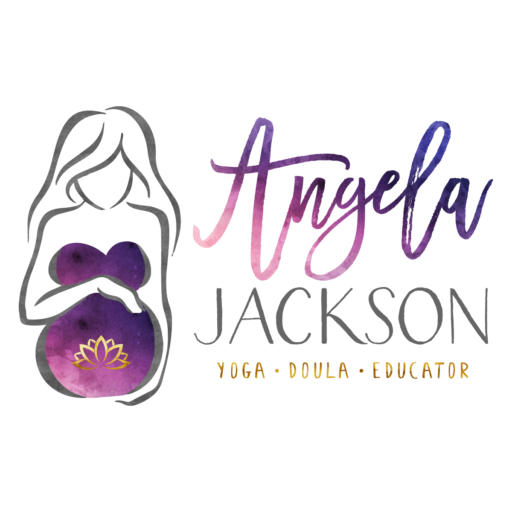Childbirth is a life-changing event, one that can be filled with anticipation, excitement, and, for some, significant anxiety or fear. Whether it’s the unknown aspects of labour, concerns about pain, or the experience of past trauma, the emotional and mental hurdles leading up to and during birth can be overwhelming. This is where a birth […]
How a Doula Can Ease Anxiety During Childbirth





